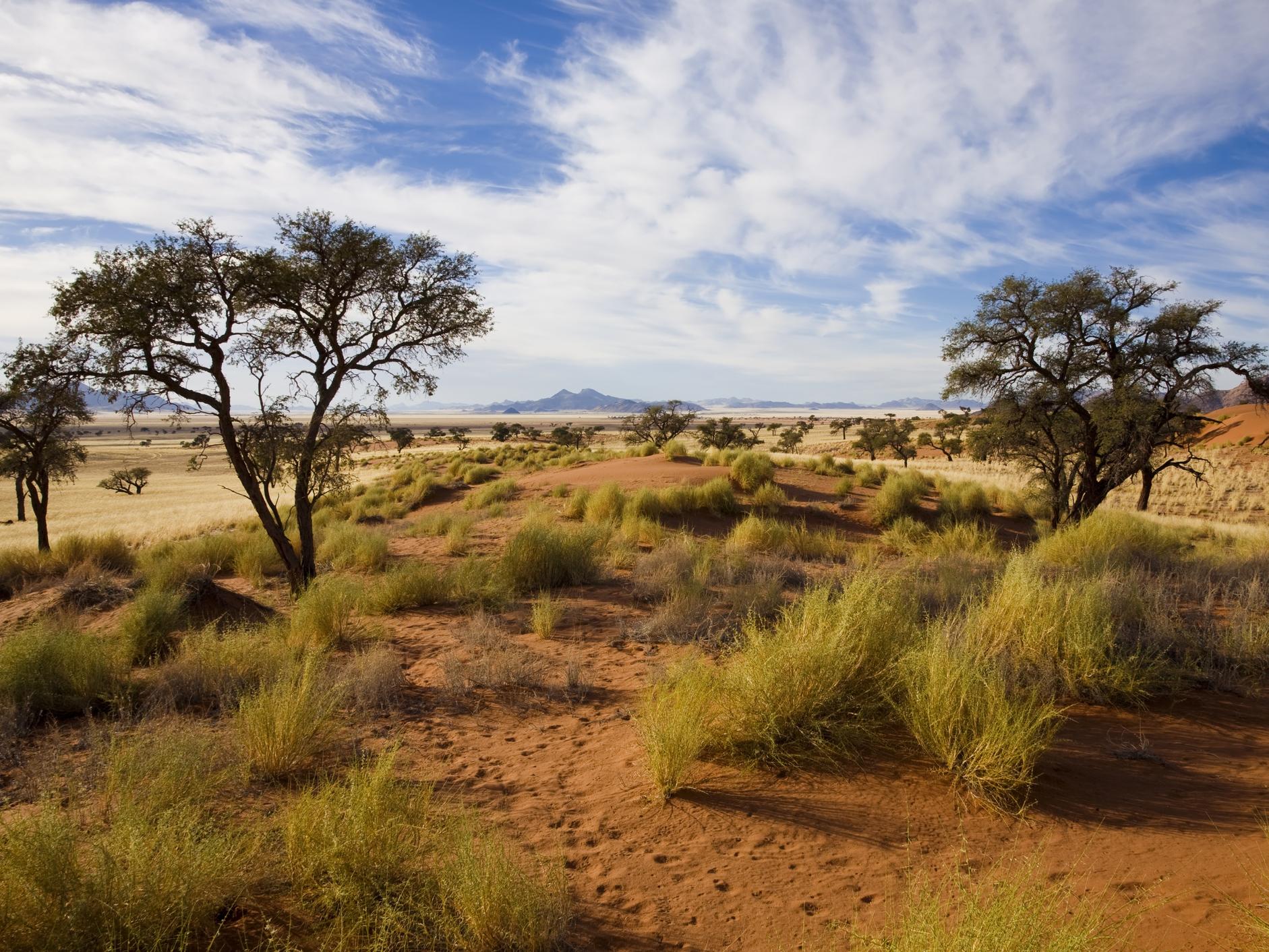Rising CO2 levels destroying African savannah, scientists warn
'Our study informs us of a possible catastrophic outlook for plants,' scientists say

Your support helps us to tell the story
From reproductive rights to climate change to Big Tech, The Independent is on the ground when the story is developing. Whether it's investigating the financials of Elon Musk's pro-Trump PAC or producing our latest documentary, 'The A Word', which shines a light on the American women fighting for reproductive rights, we know how important it is to parse out the facts from the messaging.
At such a critical moment in US history, we need reporters on the ground. Your donation allows us to keep sending journalists to speak to both sides of the story.
The Independent is trusted by Americans across the entire political spectrum. And unlike many other quality news outlets, we choose not to lock Americans out of our reporting and analysis with paywalls. We believe quality journalism should be available to everyone, paid for by those who can afford it.
Your support makes all the difference.Up to a third of the plant life occupying the African savannah could be driven to extinction as CO2 is pumped into the atmosphere, scientists have warned.
A new study suggests that besides warming the climate, rising levels of the greenhouse gas will also trigger profound changes in the planet’s vegetation.
The research team analysed “chemical fossils” to track plant growth over the years in south-eastern Africa, and found shifts in CO2 levels had sparked dramatic changes in the region’s greenery.
Plants rely on CO2 for photosynthesis, the process by which they produce the food they need to survive.
Faster growing species including certain grasses are able to capitalise better on surges in the gas, edging out more specialised plants.
Given this, the new analysis suggests almost 8,000 of the 23,000 sub-tropical plant species found across the continent’s plains could be wiped out if current CO2 trends continue.
They estimate the rate of loss for savannah plant communities over the next century will likely be the highest it has been for over 15,000 years.
Dr Clayton Magill, a researcher at Heriot-Watt University who led the study, said the results were “alarming” given the importance of plant diversity for people worldwide.
“Our study informs us of a possible catastrophic outlook for plants and diversity in this African region and the fact the magnitude of biodiversity loss will be especially pronounced for sub-tropical regions, such as savannahs,” he said.
The scientists studied chemical traces left by vegetable oils in the earth that revealed changes in plant communities over the course of millennia.
They found that these changes in composition mirrored CO2 levels fluctuating over the past 25,000 years, and said this trend was likely to continue in the coming decades.
Carbon pollution resulting from fossil fuel consumption reached unprecedented levels last year, and CO2 levels are expected to continue rising in 2019.
Human emissions of greenhouse gases have already been implicated in an on-going mass extinction event, primarily due to their role in global warming.
Species are being pushed to the brink as soaring temperatures render their homes uninhabitable, an effect exacerbated by pollution and human expansion into previously wild areas.
The new results were published in the journal PLOS ONE.
Join our commenting forum
Join thought-provoking conversations, follow other Independent readers and see their replies
Comments